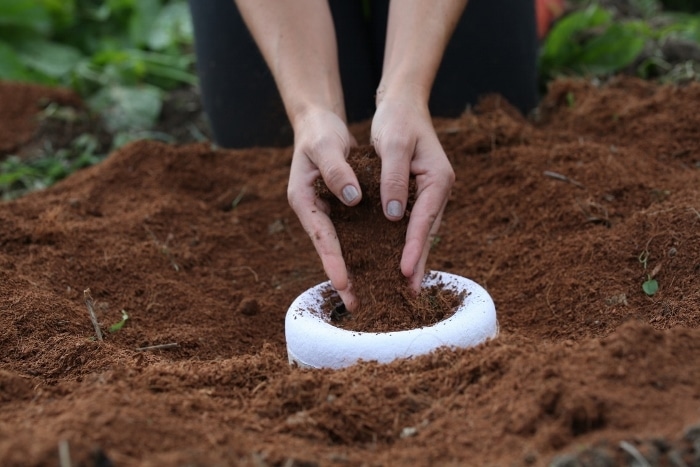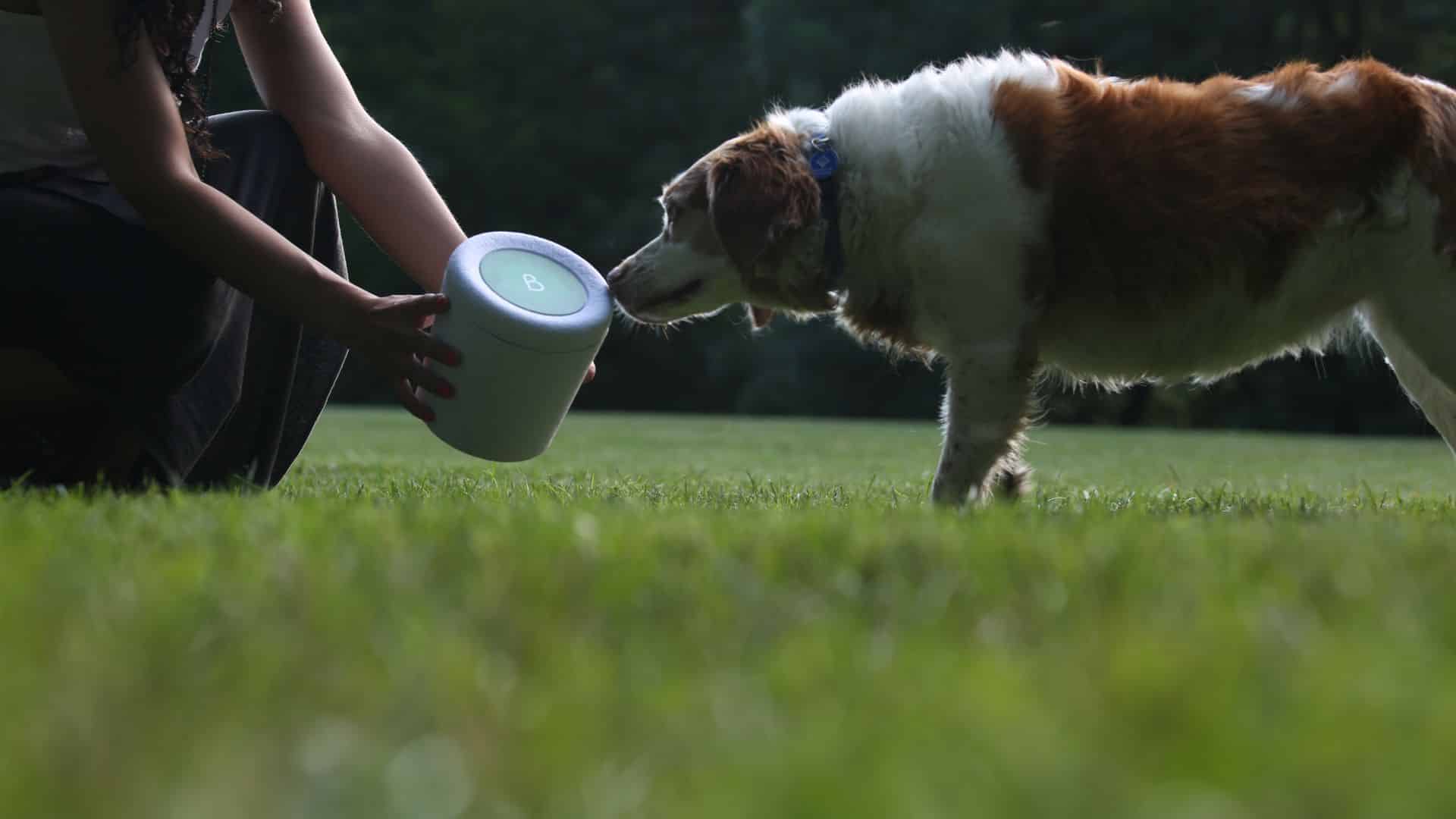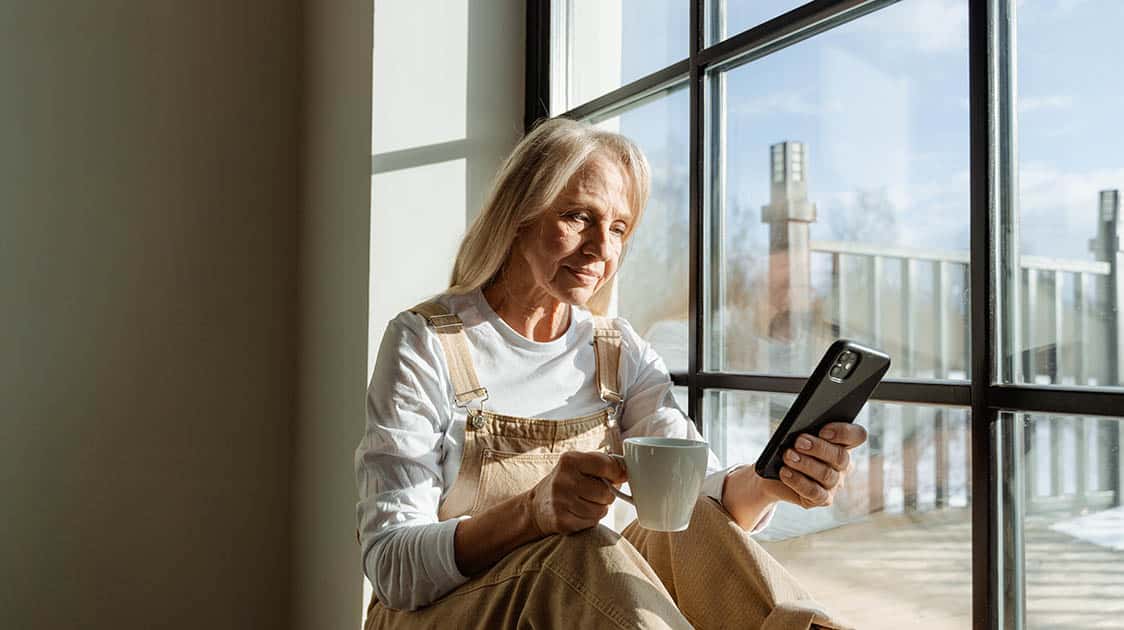
When someone you care about dies, whether it is an event you have discussed and prepared for in advance of or it comes as a surprise, there are many emotions to navigate and challenges to overcome. Many people are faced with the question : What to do when someone dies? If you are responsible for the logistics of managing the estate or you’re simply a close friend or family member that wants to help those you love during a difficult time, there are steps you can take during the early grieving to ensure that needs are met, and ceremonies are planned appropriately.
What To Do When Someone Dies
When A Passing Is Unexpected
When a loved one passes in a tragic or unexpected way, there are unique challenges to overcome and navigate. It’s important to be honest about your relationship with the family and to decide what is an appropriate step to take, but here are some important things to consider about supporting loved ones and navigating your own feelings of loss or grief. Here is some advice about what to do when someone dies unexpectedly.
Avoid Gossip Or Speculation
Most of the time, gossip isn’t intended with any kind of ill-will, but it can still have damaging effects nonetheless. When a person loses a family member due to a tragic accident or act of violence, it can be cause for speculation and open them up to criticism and invasions of privacy.
For someone who is already trying to manage their grief and the logistics of funeral ceremonies and planning, this can be very hurtful. Take the lead from the family members or, if you have experienced an unexpected loss, set boundaries for yourself around the event.
Coordinate Friends And Family
Well-meaning friends and family members will often offer support and ask if they can help after a tragic event. While the help is appreciated, delegating funeral tasks can often feel like another responsibility for someone already overwhelmed with grief.
If you feel comfortable speaking for the family or coordinating on their behalf, work with friends and family members to help take care of some of the pressing funeral ceremony needs and end of life responsibilities. Create a phone tree and inform those who need to be informed, collaborate on food and supplies for the family, and create a list of ways you can help, so the family can focus on taking care of their own needs.
Take Care Of Yourself And Loved Ones
Whether you’ve experienced a tragic loss yourself or you are helping a close friend or family member navigate a shock, it’s important to take care of yourself, as well. Grief impacts us all in different ways, but self-care after loss is an essential step to providing for your family and protecting yourself. With tragic losses, the surprise and shock can add an entirely new layer of unreality, and that means it’s particularly important to pause, listen to your needs, and eat and sleep regularly.

Pre-planning your own end-of-life plans in advance is so important to help your loved-ones deal with the emotions and challenges that arise after a death. Image: Creative Commons
When Passing Is Expected
Even if you had time to plan and discuss a person’s end of life choices and wishes, the grief you experience when the time comes is still valid, and it’s important to allow yourself the opportunity to feel your emotions, even if you knew the day was coming. When it comes to immediate personal and logistical needs after a passing, here are some things to consider. Here is some advice about what to do when someone dies when it is less unexpected.
Honor End Of Life Plans
If you had the chance to go over end of life needs and wishes, honor them. Knowing that you’re following the directive set by your loved one can help you to feel connected with them and provide you with a sense of hope and peace. Those early discussions will also to know what to do when someone dies: it will help reduce the number of choices you need to make, so navigating the next steps will be just a little bit easier.
Use Your Checklists
Having time to prepare for loss doesn’t mean you don’t experience a sense of grief or profound sadness. What it does allow for, however, is a chance to plan in advance, including checklists, data, accounts, and other essential logistics that can cause headaches and stress. Lean into your checklists and planning. It’s there for a reason, and that reason is to help you through a challenging time. The less you have to worry about while you’re navigating a loss, the better.
Let Friends And Family Help
That’s going to look different for everyone. For some, regular conversation and support is essential. For others, simply providing meals and quiet help is better. Your friends and family love you, and allowing them to show up and help can be an essential step toward processing your grief and finding pathways forward.
When You Are Supporting A Grieving Loved One
Supporting a grieving loved one can be very challenging, but with a few simple steps, you can help to protect yourself from being overwhelmed and to provide them the help and love they need. Here are some things to consider:
You’re Here to Help Them: It can be tempting to lean on them for support, but in the early days, you want to provide a safe place for them to explore their grief and loss. Consider what they need, and if you find you’re reaching out to make yourself feel better, speak with a professional or another friend instead.
Help Them on Their Terms: Everyone needs something different, especially in the early days of loss. You know the person you’re helping, so consider whether they’ll appreciate a conversation every morning, distance, dinners, or something else specific to who they are and what will help them most.
Understand They Might Not Be Ready: People manage different grieving processes in different ways, and certain cultures don’t encourage visible displays of grief. If your friend or family member doesn’t seem to want to talk or engage with your approach, it’s okay. They’re not trying to push you away, but they may need more time before the next step. Listen to them and respond in the way you see fit.
Protect Yourself: Helping others can be a large emotional strain, and if you love someone and want to help them, it’s one you’re likely to take on willingly. That said, you cannot help another person if you’re feeling overwhelmed or sad yourself. Look out for signs of burnout or stress and find methods for managing it, like taking a break from your phone, going for a walk, or speaking with a professional.

Many find that planting a tree with a biodegradable tree urn in memory of a loved-one is very therapeutic. Image by Bios Urn
When You Are Grieving A Loved One
If you are the one who has recently experienced a loss, then it’s important to protect yourself and understand that grieving takes time and patience. When it comes to managing the first few days, there are some essential things you’ll want to remember.
You Can Always Take a Minute: Loss comes with many decisions, especially if it wasn’t expected. While you may be the one in charge of planning a ceremony, informing loved ones, and managing disposition, the pressure doesn’t have to own you. You can always take that one extra moment to explore your options, take a deep breath, and consider what’s best. People will understand.
Your Own Care is Important: During this period, you will be likely taking care of a lot of other people, including kids, spouses, and friends from out of town. This can lead to you not eating or sleeping well, or taking care of your space. When you feel physically more present and taken care of, it can be easier to manage the challenges ahead, so remember to take time for showers and real meals.
Planning an intimate goodbye ritual may help ease some of the grief: Committal rituals in grieving can help the bereaved to say goodbye. As well as being a way of saying farewell, they can help mourners to feel connected to the person who has died, and express love, closeness or admiration. There are many ways to celebrate and to honor your loved-one’s life. Feel free to choose the way that feels right for you, however traditional or non-traditional that may be. Many find that the tribute of planting a tree with a Bios Urn ® is a beautiful and eco-friendly manner of perpetuating and memorializing a loved one’s soul for future generations. Each tree is both a symbolic and physical representation of a shared history and life. As the roots take hold in the ground and flourish, these trees facilitate in establishing and continuing a long lasting legacy. This can be done with or withut cremains.
Develop a Plan: After a loss, you will likely have a lot of responsibilities. That can mean managing an estate, shutting down accounts, or taking care of work needs for your loved one. If you step into the fray without a plan, it can be overwhelming, and you may end up repeating jobs you’ve done or missing important information. Make a list, allow others to help, and update your notes regularly.
An easy way to solve this problem is to make use of end of life planning tools, which allow you to centralize documents and make preparations beforehand. While it may seem morbid to plan ahead for death, in the moment, it helps relieve much of the pressure of planning and delegating.
Set Boundaries and Delegate: Your grieving process is your own, and you don’t owe others the chance to step inside. Even if your friends and family are well-meaning, it can be hard to set boundaries for how much contact and conversation you want, but they can go a long way to protecting you and your loved ones. That said, you can also use the help from those friends and family to make the process smoother, so consider delegating tasks.
Conclusion : Taking action while remembering to care for yourself
No matter how the end of life comes about, it can be fraught with challenges and grief. There is no single way to manage your emotions or to support those who are struggling around you, but when you show up, provide support and an ear, and take care of yourself, you can go a long way to living with grief and beginning the next steps of your journey. Planning, patience, and self-care are all part of the process, as you honor and celebrate your loved ones.
Original article about what to do when someone dies published by Lantern. You can find lots of great tips on their website.
Other articles you may find useful:
“I bought the Bios Urn for myself as part of my end-of-life plans” – Christopher’s Bios story
What do you think of this article about what to do when someone dies? Maybe you have advice to share after your own personal experience?
We would love to hear from you in the Comments section below and hear about any of your personal experiences!
To keep up to date with all the latest Bios Urn® news and stories, you can follow us on Facebook, Instagram, Twitter, Pinterest and YouTube!
Join our mailing list to keep you updated of all Bios® news and get a 10% Discount!








Leave a Reply